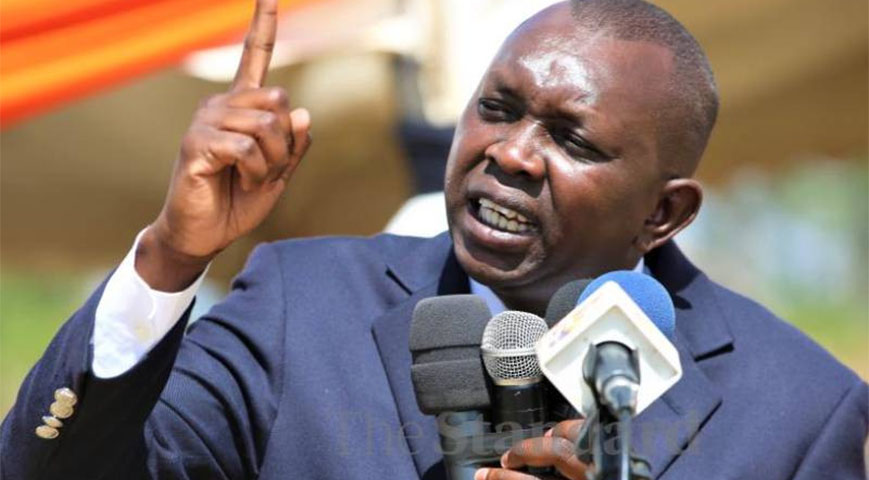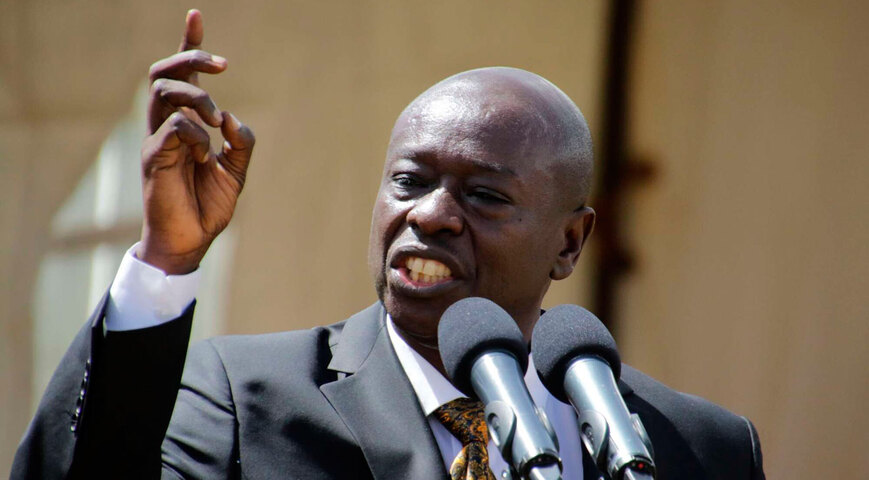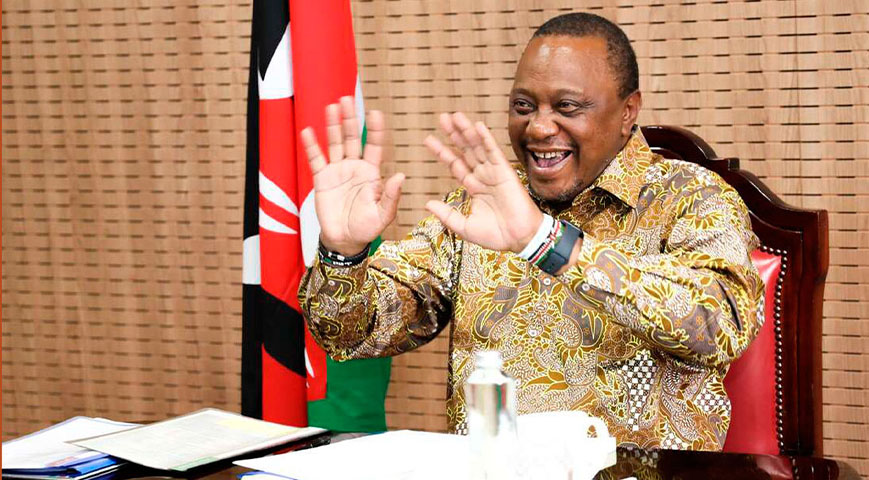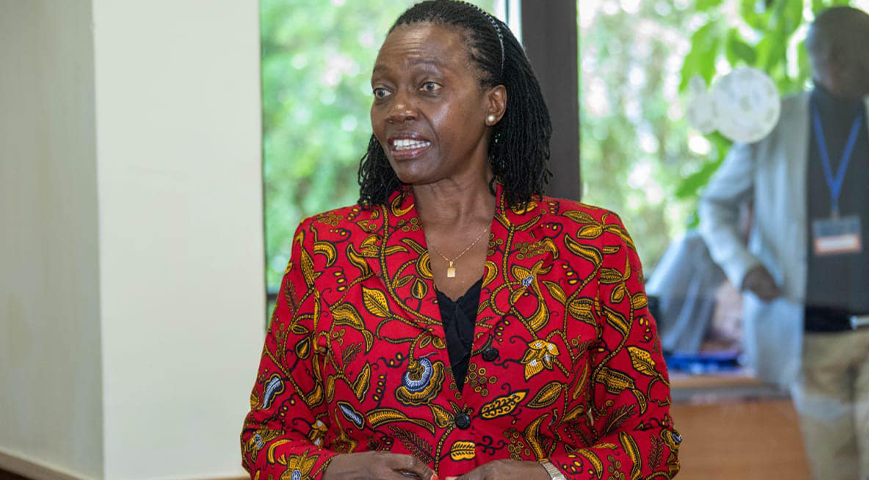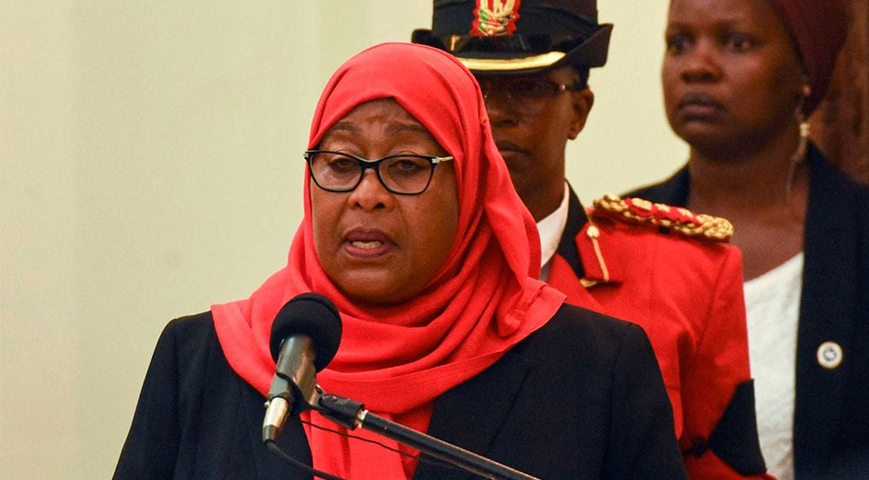Kiambu Senator Karungo wa Thang’wa has stirred national conversation following a pointed remark directed at Kapseret MP Oscar Sudi during a recent political gathering.
While delivering his speech, Thang’wa began addressing the audience in English but then abruptly paused, saying, “I know you don’t understand English”—a comment widely interpreted as a jab at Sudi. The moment quickly went viral on social media, igniting a mix of laughter, criticism, and reflection among Kenyans.
Many online users recalled past instances where MP Sudi appeared to struggle with English, most notably during his swearing-in ceremony in Parliament—an awkward moment that sparked widespread online humor and memes.
Did you read this?
To some, Thang’wa’s statement came off as a playful dig, continuing a long-running public joke about Sudi’s language proficiency. However, others saw it as inappropriate and lacking the decorum expected of elected officials.
Critics argued that mocking a colleague over language skills detracts from more meaningful political discourse, such as leadership performance, development, and service delivery. Several Kenyans pointed out that many capable leaders express themselves more comfortably in local languages, and that fluency in English should not be used as a benchmark for intelligence or competence.
The incident has reignited discussion on the role of language in Kenyan politics. While both English and Kiswahili are official languages, English is often used as a status marker—sometimes to ridicule or exclude others.
Many voices are now calling on leaders to foster respectful communication and focus on uniting rather than dividing the public through unnecessary personal attacks.
Ultimately, Senator Thang’wa’s comment has not only revived attention on Oscar Sudi’s language challenges but also highlighted a deeper issue: how language is used—and sometimes weaponized—in Kenya’s political landscape.

